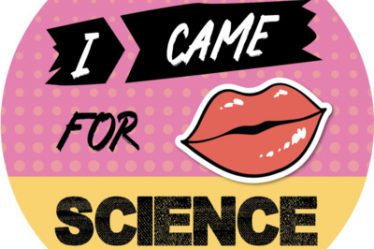Jonathan Logan
Science & Environment Editor
On Tuesday, April 14, Dean of Students Myrna Hernández informed the campus community that the scheduled vaccine clinic happening on campus was cancelled due to a recommendation made by the FDA and the CDC. The recommendation asked all federal and state clinics offering the Johnson & Johnson (J&J) vaccine to halt any further distribution. This announcement left many students in limbo, as they were expecting to get vaccinated that week. However, it also left many others — especially those who had already gotten the J&J vaccine — wondering if their personal health was at risk.
The New York Times reported that over seven million Americans had already received the J&J vaccine before distribution slowed to a halt last Tuesday. Seven of those who were administered the vaccine have suffered from blood clots, primarily in the brain. However, it is yet to be scientifically proven that these vaccines are the actual cause of the clotting. Europe recently suspended distribution of the AstraZeneca vaccine for similar reasons. The AstraZeneca vaccine has yet to be authorized for public use in the United States.
For those who have already gotten the J&J vaccine, there are steps that can be taken to ensure your safety and to stay informed. The New York Times also reported that the risk of clotting, if it is indeed caused by the vaccine, is extremely low (nearly one in a million). If the opportunity arises, experts recommend getting the shot regardless of perceived threat, since the probability of being infected by COVID-19 is still much higher than the probability of developing a blood clot. The unverified clotting phenomenon seems to primarily affect women between ages 18 to 48, but other age groups are still at risk. The CDC advises people who have had the J&J shot in the past three weeks to contact a doctor if they experience one or more of the following: severe headaches, abdominal pain, leg pain or difficulty breathing.
The science and mechanisms that explain and lead to the clotting are still being investigated by researchers. However, researchers in Europe, studying the AstraZeneca vaccine, have stated with confidence that the clotting could be caused by the immune system reacting too strongly to the vaccine. The body begins to produce blood platelets at levels that lead to clotting (platelets cause clotting in anyone, not just those who have received the vaccine). In technical jargon, the disorder is called vaccine-induced immune thrombotic thrombocytopenia. COVID-19 itself is known to cause serious clotting as well. Scientists say that the root cause of the disorder is likely some incredibly rare biological trait that would take years to uncover.
No clotting cases have been reported for the Pfizer and Moderna vaccines. It is important to listen to your body before and after receiving the vaccine. These clotting cases are extremely rare, and if given the opportunity, experts still recommend getting vaccinated.

